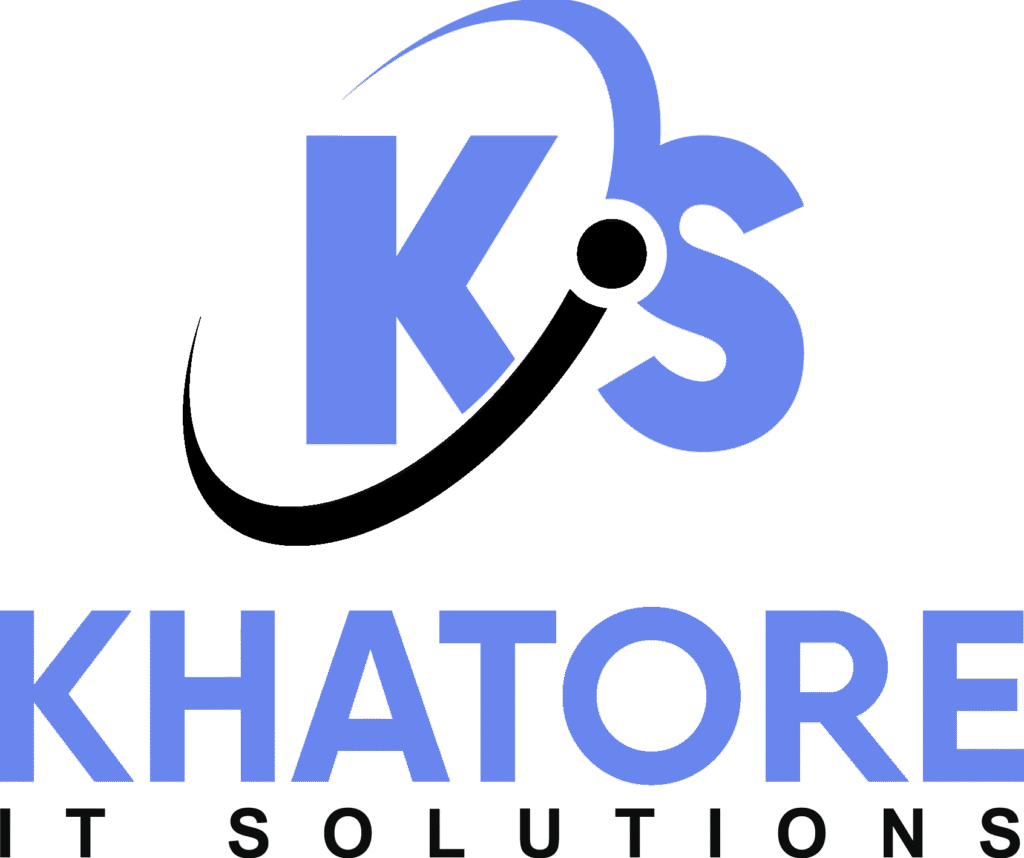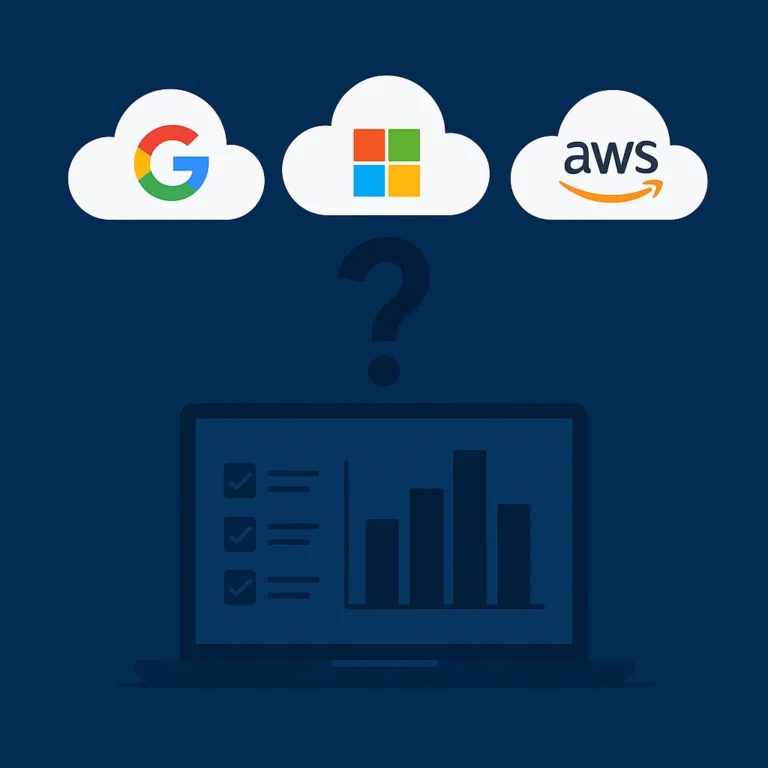Picking the right cloud platform in 2025 is more than a tech choice—it’s a decision that shapes how your business collaborates, scales, and controls costs. Indian businesses, from small startups to large enterprises, are increasingly weighing Google Workspace, Microsoft 365, and Amazon Web Services (AWS).
Each has its strengths, but they serve very different purposes. Let’s look at how they compare and which one could make the most sense for your business.
KITSPL also provides deployment, licensing, and migration support for all three platforms if you need expert help.
Google Workspace: Built for Collaboration
Google Workspace is Google’s cloud-native productivity suite, perfect for teams that need branded email, shared documents, and easy collaboration.
Key Features:
Gmail with custom domain email
Docs, Sheets, and Slides for real-time teamwork
Google Meet and Chat for communication
Drive with secure cloud storage (30GB to unlimited)
Central admin tools with 2FA and mobile management
Best suited for: Startups, SMEs, education, and remote-first teams.
Why businesses like it: It’s lightweight, device-agnostic, and lets multiple people work in real time without software installs. Integration with tools like Slack, Trello, and Zoom makes it flexible. Shared drives ensure files are always available.
Watch out for: Limited advanced desktop features and weaker support for businesses heavily tied to Microsoft Excel or PowerPoint.
Microsoft 365: Enterprise-Grade and Familiar
Microsoft 365 combines traditional Office apps with cloud functionality, making it a natural fit for businesses already using Word, Excel, and Outlook.
Key Features:
Outlook with business email
Word, Excel, PowerPoint (desktop and online)
Teams for chat and meetings
OneDrive and SharePoint for storage and document control
Microsoft Defender plus compliance and DLP tools
Best suited for: Mid-sized firms, enterprises, and regulated industries.
Why businesses like it: Employees already know the apps, Outlook is robust, and Microsoft 365 brings enterprise-level compliance with tools like eDiscovery and Rights Management.
Watch out for: Higher licensing costs and a steeper learning curve for Teams and SharePoint.
AWS: Infrastructure Powerhouse
Unlike Google Workspace and Microsoft 365, AWS isn’t a productivity suite. It’s a full-scale cloud platform offering infrastructure, databases, AI tools, and more—making it a foundation for custom IT systems.
Key Features:
EC2 for scalable servers
S3 for storage
RDS and DynamoDB for databases
Elastic Load Balancing, IAM, CloudWatch for management and security
Global network with 25+ regions
Best suited for: Developers, SaaS companies, tech startups, and enterprises needing complex infrastructure.
Why businesses like it: Pay-as-you-go pricing, endless customization, and tools for scaling at any level. AWS powers companies like Netflix, Airbnb, and Zomato.
Watch out for: It demands technical expertise. Without a skilled IT team, AWS is tough to manage.
Key Factors for Indian Businesses
When comparing Google Workspace, Microsoft 365, and AWS for Indian businesses, focus on these essentials:
Team size and expertise: Smaller teams may prefer Workspace or Microsoft 365. AWS makes sense only with dedicated IT staff.
Collaboration style: Google Workspace shines in real-time teamwork. Microsoft 365 is stronger for structured workflows and Outlook-driven processes.
Compliance and security: Regulated industries lean toward Microsoft 365 or AWS.
Scalability: For backend systems, high traffic, or custom apps, AWS is unmatched.
Costs: Workspace and Microsoft 365 offer predictable subscriptions. AWS can be cost-efficient but tricky to control without close monitoring.
Real-World Scenarios
Small creative agency in Mumbai (10 users): Needs simple email, storage, and collaboration → Google Workspace.
Export firm in Delhi & Chennai (100 users): Already on Microsoft tools, requires compliance → Microsoft 365.
SaaS startup: Needs servers, databases, scaling, and monitoring → AWS.
Edtech business expanding pan-India: Needs infrastructure for video delivery and scaling → AWS.
Legal firm with multiple offices: Needs encrypted email and compliance → Microsoft 365.
Quick Checklist Before You Choose
Do you need branded email?
Do you collaborate on docs daily?
Do you want desktop apps or cloud-only?
Are you running custom apps or websites?
Does your team have IT expertise?
What’s your budget?
Do you need strict compliance support?
FAQs on Cloud Platform Selection
Q1: Can we use both Google Workspace and Microsoft 365?
Yes. Many businesses combine them—Workspace for collaboration, Excel for data-heavy work.
Q2: Is AWS a good choice for non-tech businesses?
Not usually. Without IT staff, it’s better to stick with Workspace or Microsoft 365.
Q3: Which platform scales best?
AWS leads in scalability. Microsoft and Google also offer scalable tiers, but AWS is built for infrastructure-level growth.
Final Recommendation
There’s no universal winner in a cloud platform comparison. It depends on your setup:
Pick Google Workspace if you want speed, simplicity, and real-time collaboration.
Pick Microsoft 365 if you need advanced security, compliance, and enterprise-grade tools.
Pick AWS if your focus is infrastructure, scalability, and custom IT systems.
KITSPL can guide you through choosing, deploying, and migrating to the right platform—whether it’s Google Workspace, Microsoft 365, or AWS.


